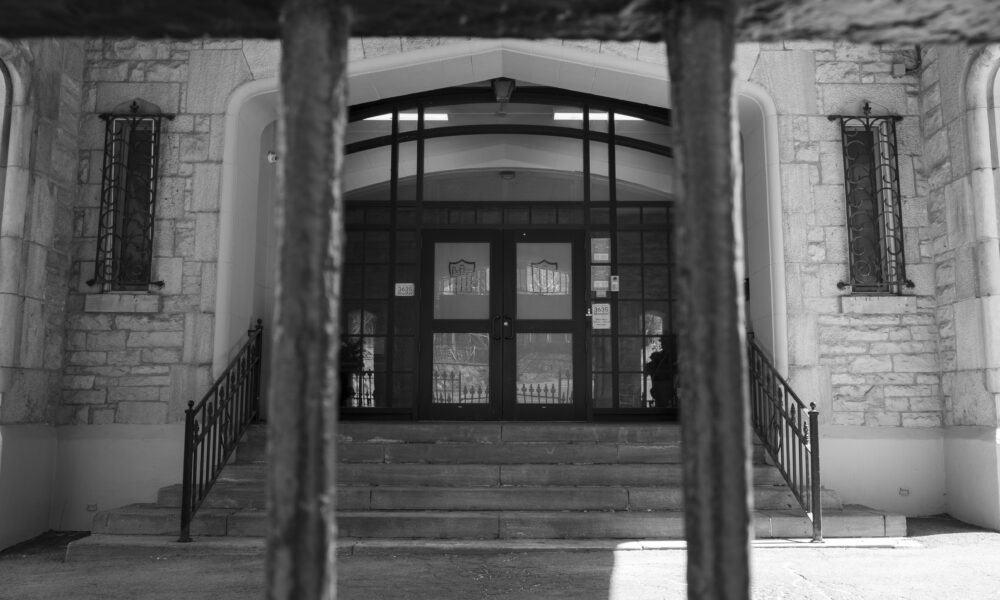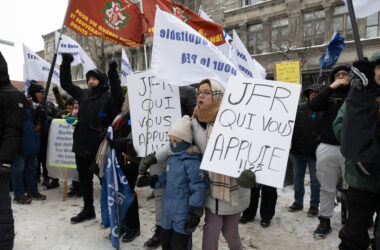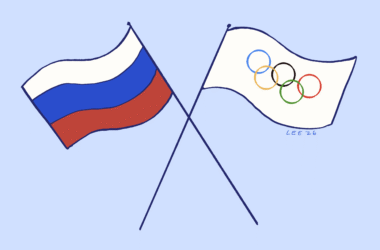Amid the François Legault government’s contentious policy decisions, including recent tuition hikes, Quebec’s substantial financial backing for private schools raises significant concerns for equal access to education across the province. This policy, whereby the majority of independent private schools receive subsidies from the government for each student, not only undermines the quality and accessibility of public education but also deepens the socio-economic divides within the province. Quebec must rethink its approach to educational funding, by shifting the focus and resources from private to public schools thereby fostering a more equitable and inclusive educational landscape.
Public education advocates and concerned taxpayers have increasingly scrutinized Quebec’s approach to funding education, particularly criticizing the generous subsidies it extends to private schools. In the 2018-19 academic year, 170 private schools received a total of just over $522 million in direct subsidies, along with an additional $27.6 million in approved transportation costs. Meanwhile, public school revenues from local taxation in 2020-21 were less than half of what they were in 2017- 18, representing 7.5 per cent of total revenues compared to 17.8 per cent three years prior. This, despite the fact that private schools cater to a considerably smaller, and often more affluent, portion of the province’s population. The decision to prioritize private education resulted in a concerning shift in the educational landscape and an alarming preferential shift among parents and students away from public schools: The market share of private schools has surged from 5 per cent in 1970 to a significant 21 per cent in 2022. In Montreal, the figures are even more pronounced, with private school enrollment reaching 39 per cent. This upward trend in private school enrolment not only siphons vital resources away from the public sector but also exacerbates socio-economic disparities. The burgeoning private school sector, bolstered by public funds, thus poses a direct barrier to an equitable and heterogeneous educational system.
The substantial public investment in private education amplifies advantages for the already privileged. Both national and international bodies have critiqued the profound consequences of this funding imbalance, including the Conseil supérieur de l’éducation, an extension of the Minister of Education, who declared Quebec’s system the most unequal in Canada. UNESCO has attempted to hold Quebec accountable for its “segregated” three-tier school system (subsidized private, public, and selective-public) in lieu of their recommended public single-system. Public schools—facing higher numbers of students who cannot financially access private and selective-public schools—struggle to provide quality education, creating a detrimental cycle where richer parents opt for private schools as opposed to advocating for better funding within the public system. The province’s neglect of the public school system leads Quebec to have the highest student dropout rates in the country and increasing teacher attrition, with a quarter of teachers leaving the profession during their first five years on the job market.
Quebec’s restrictive language laws (especially Bill 101) exacerbate the harmful effects of the province’s private school subsidization. By requiring that the children of non-Canadian residents, immigrants, refugees and Canadian citizens who were not educated in English in Canada attend French-language schools, many newcomers are forced to send their children to French public schools. Meanwhile, a growing number of Quebecois parents have taken their children out of the public system and sent them to private schools. This disparity in education for the children of immigrants, refugees, and non-Canadian residents makes the adjustment to a new province all the more difficult. The flight of wealthier families who flee the public system and flock to government-supported private schools guarantees the continuation of this division.
Private schools discriminate, using subjective criteria such as test scores, gender, economic status, and religion for admissions without external oversight. Additionally, the creation of a selective public network, aiming to counter private schools’ elitism, instead inadvertently deepens educational divisions, entrenching a system where privilege determines educational quality. Quebec’s segregative system is paradoxical to the province’s professed values of equality and inclusivity.The recent tuition hikes for anglophone Quebec universities underscore the pressing need for a more equitable distribution of provincial resources. When even public universities, which //should// be accessible to all, are being forced to raise out-of-province tuition by nearly 30 per cent while Quebec private schools continue to receive hundreds of millions of dollars in funding each school year, it is imperative to question the Legault administration’s priorities. We all need to advocate for a system where education acts as a power of equalization, not division.








